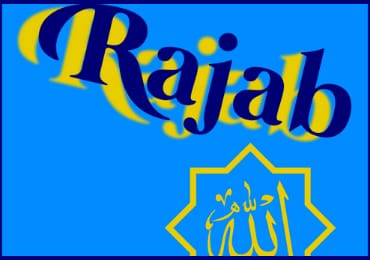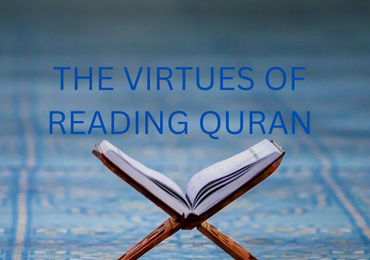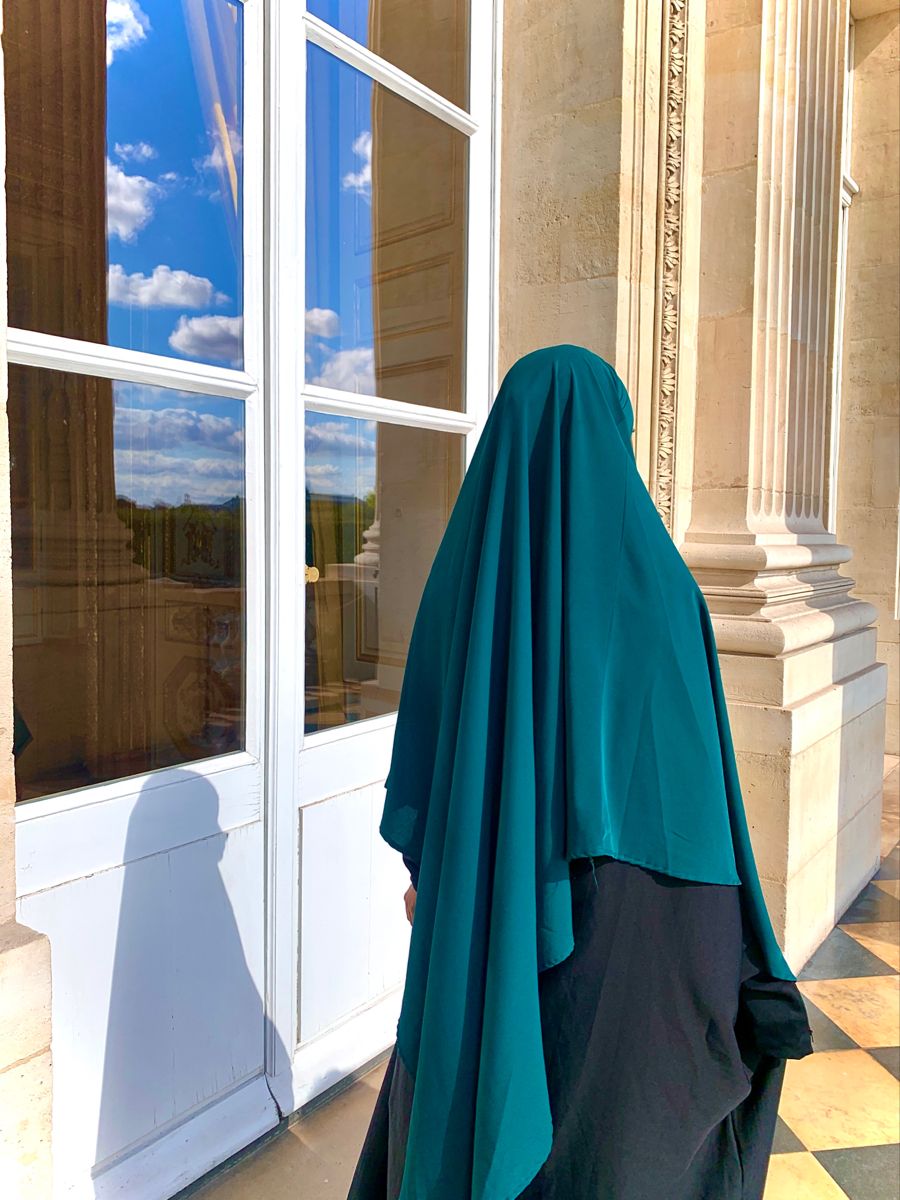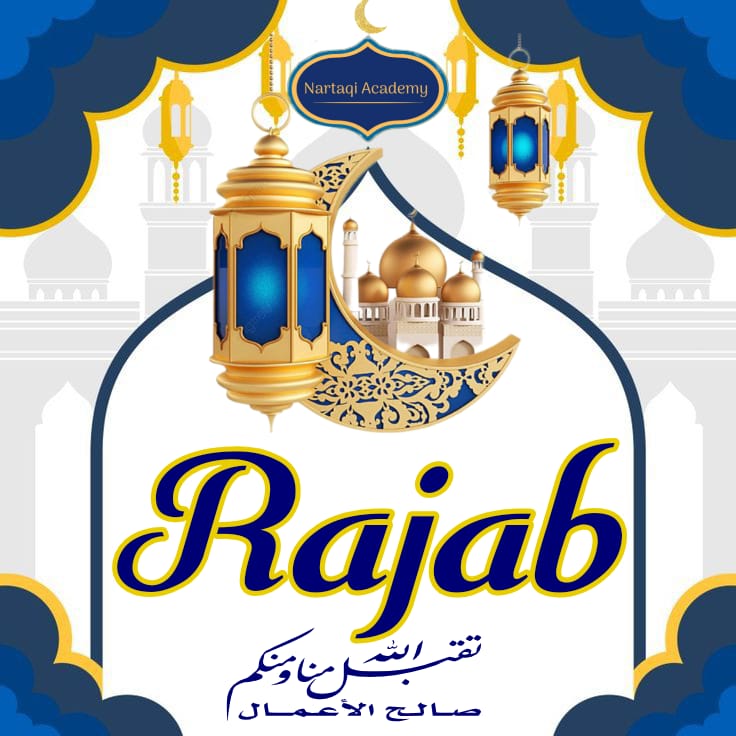Zakat, one of the Five Pillars of Islam, is the practice of giving a portion of one's wealth to those in need. It is a religious obligation for Muslims, and is considered a form of worship that purifies one's wealth and soul.
The concept of zakat is rooted in the Quranic verse, "And establish prayer and give zakat, and whatever good you put forward for yourselves - you will find it with Allah. Indeed, Allah of what you do, is Seeing." (2:110) This verse establishes the connection between prayer and zakat, and emphasizes that zakat is a means of earning the pleasure of Allah.
The Quran also sets a specific rate for zakat, which is 2.5% of one's wealth. This includes money, gold, silver, and other assets, but not including items such as one's home or car. This 2.5% is to be paid annually on the excess wealth that a person possesses, after taking into account their necessary living expenses.
Zakat is not only a means of purifying one's wealth and earning the pleasure of Allah, but it is also a means of providing for those in need. The Quran states, "And those in whose wealth is a recognized right for the beggar and the deprived." (70:24-25) This verse highlights the importance of giving to those in need, and that it is a recognized right for them to receive aid from those who are financially able.
The Prophet Muhammad (peace be upon him) also emphasized the importance of giving to those in need, and the virtues of doing so. He said, "Charity is a necessity for every Muslim." He also said, "The best charity is that given in Ramadan." And also, "Give charity without delay, for it stands in the way of calamity." These hadiths highlight the importance of giving charity and the virtues of doing so, especially during the month of Ramadan.
It's also worth mentioning that, zakat should be given only to specific eligible recipients, which are listed in the Quran and hadith, such as the poor, orphans, the needy, those in debt, travelers and those working to spread Islam.
In conclusion, Zakat is a fundamental aspect of Islam and a means of purifying one's wealth and earning the pleasure of Allah. It is a religious obligation for Muslims and is considered a form of worship. The Quran sets a specific rate of 2.5% for zakat, to be paid annually on the excess wealth that a person possesses, after taking into account their necessary living expenses. The Prophet Muhammad also emphasized the importance of giving to those in need, and the virtues of doing so. It's also important to note that the recipients of zakat should be from the specific eligible group listed in Quran and Hadith.

.png)


.png)
.png)


.png)


.png)



